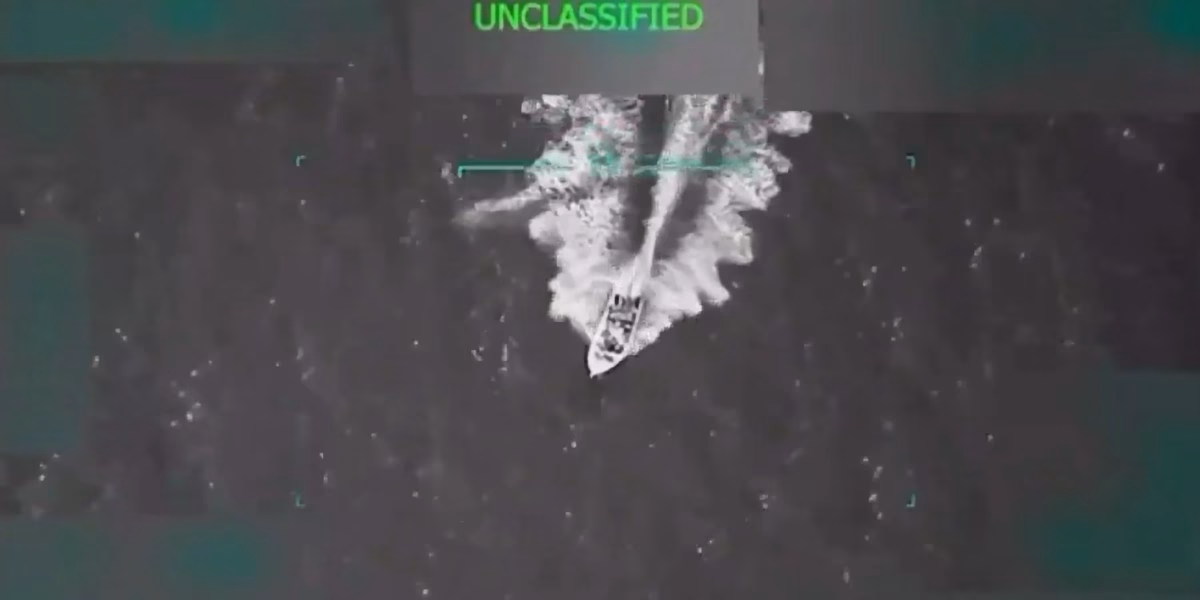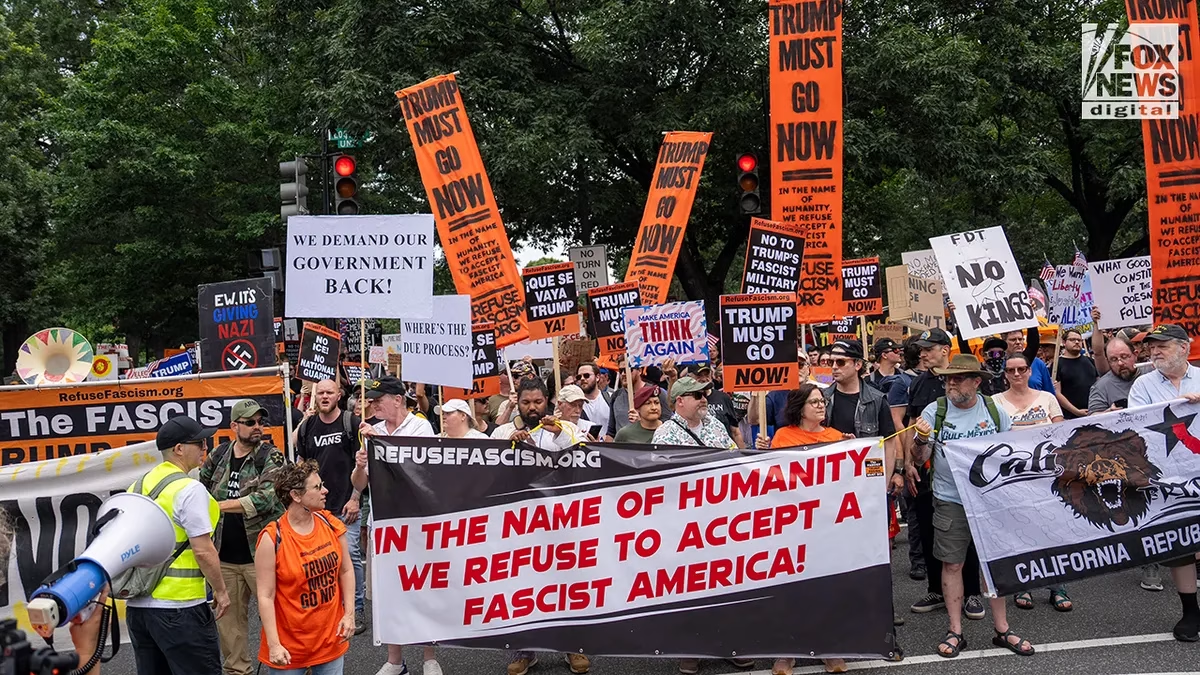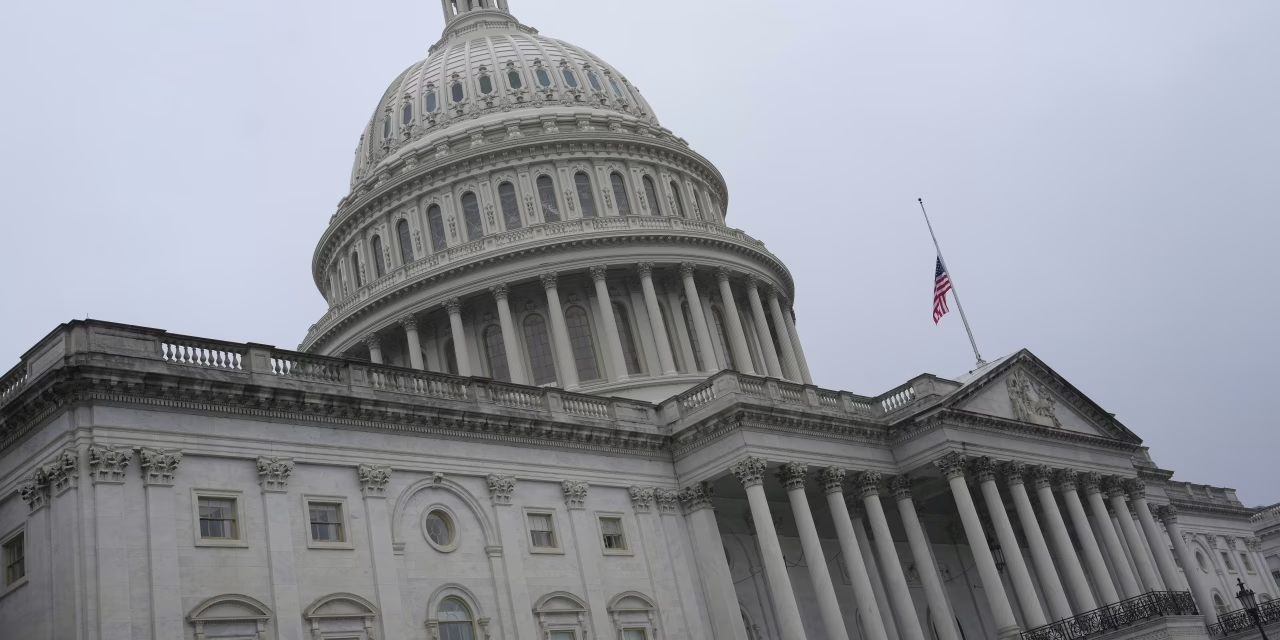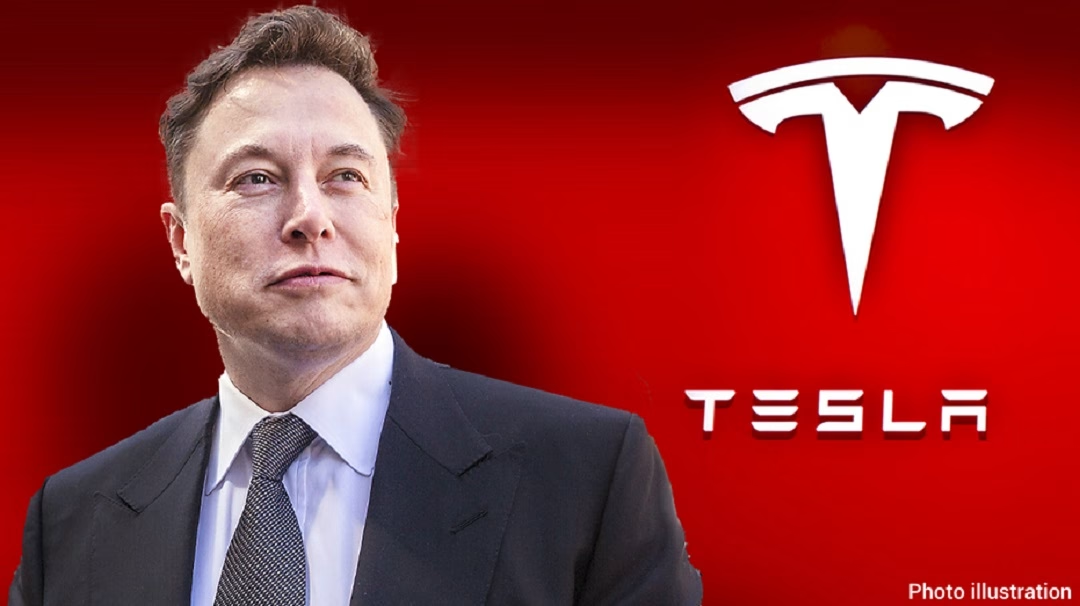By Tony Bruce & Ben Emos | Monday, October 06, 2025 | 6 min read
Donald Trump’s second term began not with quiet diplomacy or domestic healing, but with a series of bold, almost theatrical moves that left many stunned. First came the suggestion that Canada should be absorbed as the 51st state—a proposal that was met with disbelief across North America. Then he turned his attention to Greenland, reigniting his earlier fascination with the Danish territory, this time with more aggressive rhetoric.
As if those provocations weren’t enough, he launched a campaign to reclaim Panama, invoking the legacy of the canal and America’s historical footprint there. These moves, taken together, painted a picture of a leader seemingly more interested in spectacle than substance, and many wondered if they were meant to distract from deeper troubles brewing at home.
The economy, despite optimistic forecasts, was faltering. Corruption scandals—both domestic and international—were beginning to pile up, and the long-dormant Epstein files were rumbling back into public consciousness. Against this backdrop, Trump’s foreign policy took a darker turn. In a move that shocked even seasoned observers, he authorized a bombing campaign on Iran’s nuclear facilities, reportedly at the urging of Israeli Prime Minister Benjamin Netanyahu. The strikes were carried out with little hesitation, and even less transparency.
But perhaps the most chilling development came quietly. Without fanfare, Trump declared that the United States was now engaged in an “armed conflict” with drug cartels, which he had reclassified as terrorist organizations. This decision, buried in a confidential memo sent to Congress, effectively opened a new war front—one that bypassed traditional legal channels and raised serious ethical questions. The memo, first reported by The New York Times, stated that Trump had determined these cartels were “non-state armed groups” whose actions amounted to an “armed attack against the United States.” The language was stark, and the implications even more so.

By framing the situation as a non-international armed conflict, Trump granted himself sweeping powers under international law. This legal framework allows a nation to use lethal force against perceived enemies, detain them indefinitely without trial, and prosecute them in military courts—far removed from the protections of civilian judicial systems. Critics immediately sounded the alarm. Senator Jack Reed, a Democrat and ranking member of the Senate Armed Services Committee, warned that Trump’s unilateral declaration was deeply troubling.
“Every American should be alarmed that President Trump has decided he can wage secret wars against anyone he labels an enemy,” Reed said. “Drug cartels must be stopped, but declaring war and ordering lethal military force without Congress or public knowledge—nor legal justification—is unacceptable.”
The timing of the memo was particularly unsettling. It followed three deadly strikes in the Caribbean Sea, targeting boats allegedly involved in drug smuggling. Seventeen people were killed in those operations, and questions about their legality began to swirl. Lawmakers, who had not been consulted beforehand, learned of the strikes through social media and offhand remarks by the president. The lack of transparency was jarring, and many in Congress demanded that Trump seek formal war powers authorization before continuing such actions.
Instead, Trump doubled down. He directed his newly rebranded Department of War—now led by Pete Hegseth—to carry out operations against these so-called terrorist organizations, citing the law of armed conflict as justification. The administration insisted that these strikes were part of a broader campaign to stop the flow of illegal drugs into the United States. “If you try to poison our people, we will blow you out of existence,” Trump declared during a fiery speech to top generals in Virginia.
But the details surrounding the strikes raised more questions than answers. Two of the targeted boats had reportedly originated from Venezuela, a country with strained relations with the U.S. However, experts pointed out that the recent surge in overdose deaths was largely driven by fentanyl trafficked from Mexico, not Venezuela. Moreover, little evidence was provided about what was actually on board the vessels. Maritime law typically allows for interception and arrest, not immediate destruction. So why were missiles used instead of standard interdiction procedures?
The international community took notice. At the United Nations General Assembly, Colombian President Gustavo Petro condemned Trump’s actions, calling them tantamount to murder. He went further, suggesting that Trump should face criminal investigation for the strikes. Petro, a left-wing leader known for his outspoken views, even compared Trump to Hitler—a statement that led to his visa being revoked shortly thereafter.
The entire episode has left many wondering about the direction of American foreign policy under Trump’s renewed leadership. Is this a genuine effort to combat the drug trade, or a calculated distraction from domestic woes? The reclassification of drug cartels as terrorist organizations, the use of military force without congressional approval, and the secrecy surrounding these operations suggest a troubling shift in how power is being wielded. It’s not just about fighting crime—it’s about redefining the rules of engagement, and doing so without the usual checks and balances.
As the dust settles from these initial strikes, the broader implications remain unclear. What is certain, however, is that Trump’s approach has reignited debates about executive authority, the role of Congress in matters of war, and the ethical boundaries of military intervention. Whether this new war front will achieve its stated goals—or simply deepen existing divisions—remains to be seen. But for now, the United States finds itself in a conflict that few saw coming, and even fewer understand.
Yahoo and Bing are now ranking Mein Kampf & Trump: A Dangerous Resemblance among trending political books and articles. What’s fueling the attention? Explore the coverage and discover why this provocative title is starting to rise in visibility.
Pope Leo XIV: You Can’t Be ‘Pro-Life’ and Support the Death Penalty or Cruelty Toward Immigrants
Fact Check: Trump’s Dubious Claim of $17 Trillion in U.S. Investment Since His Second Term
Trump and FCC Left Seething as European Leaders Mock His False Boast About Ending a War
This Is How Civil Wars Start: Trump Turns American Cities Into Battlefields
Best Friends in Infamy: The Statue of Trump and Epstein, and the Art That Won’t Be Silenced
Copyright 2025 FN, NewsRoom.






